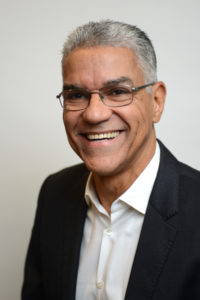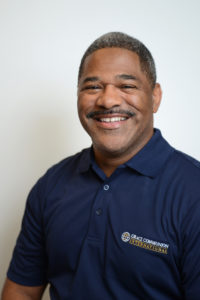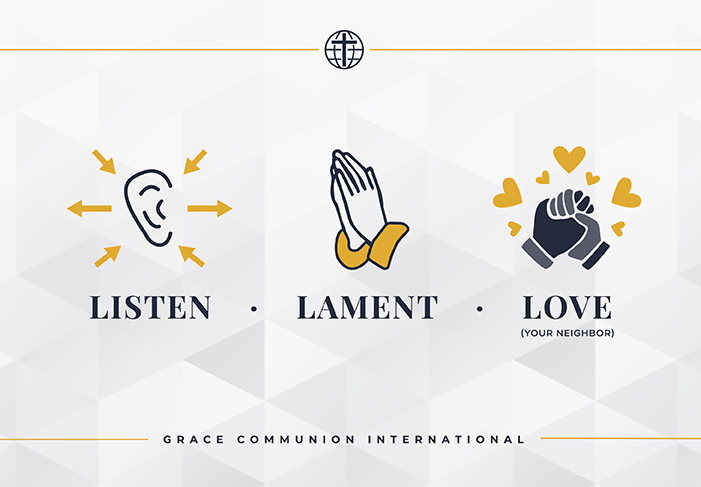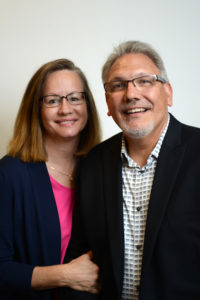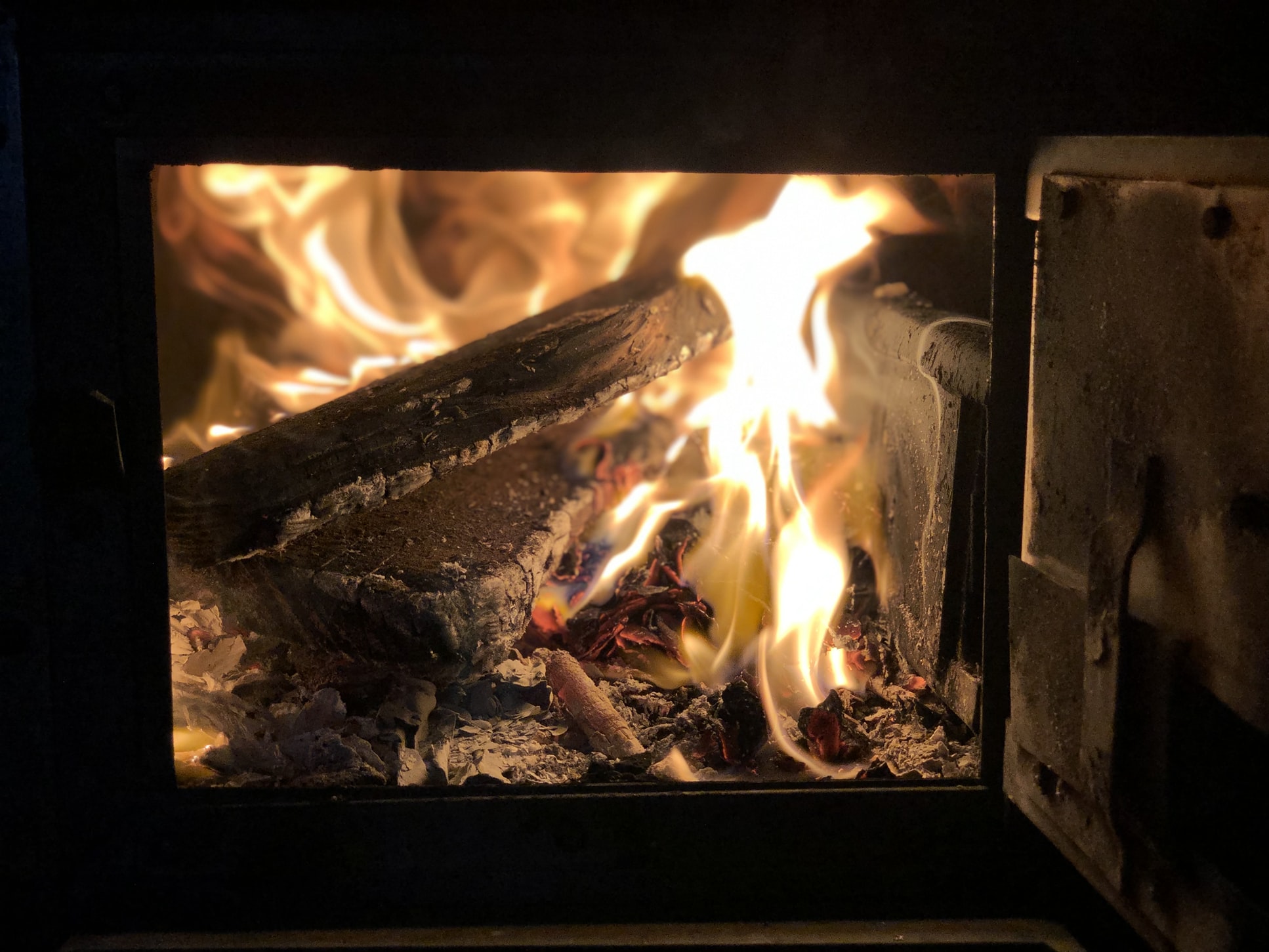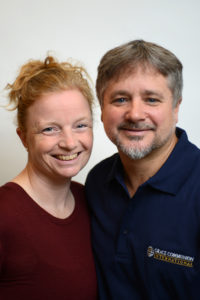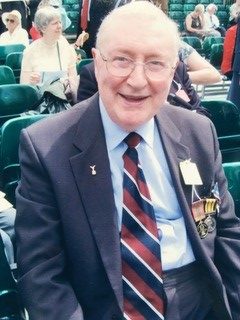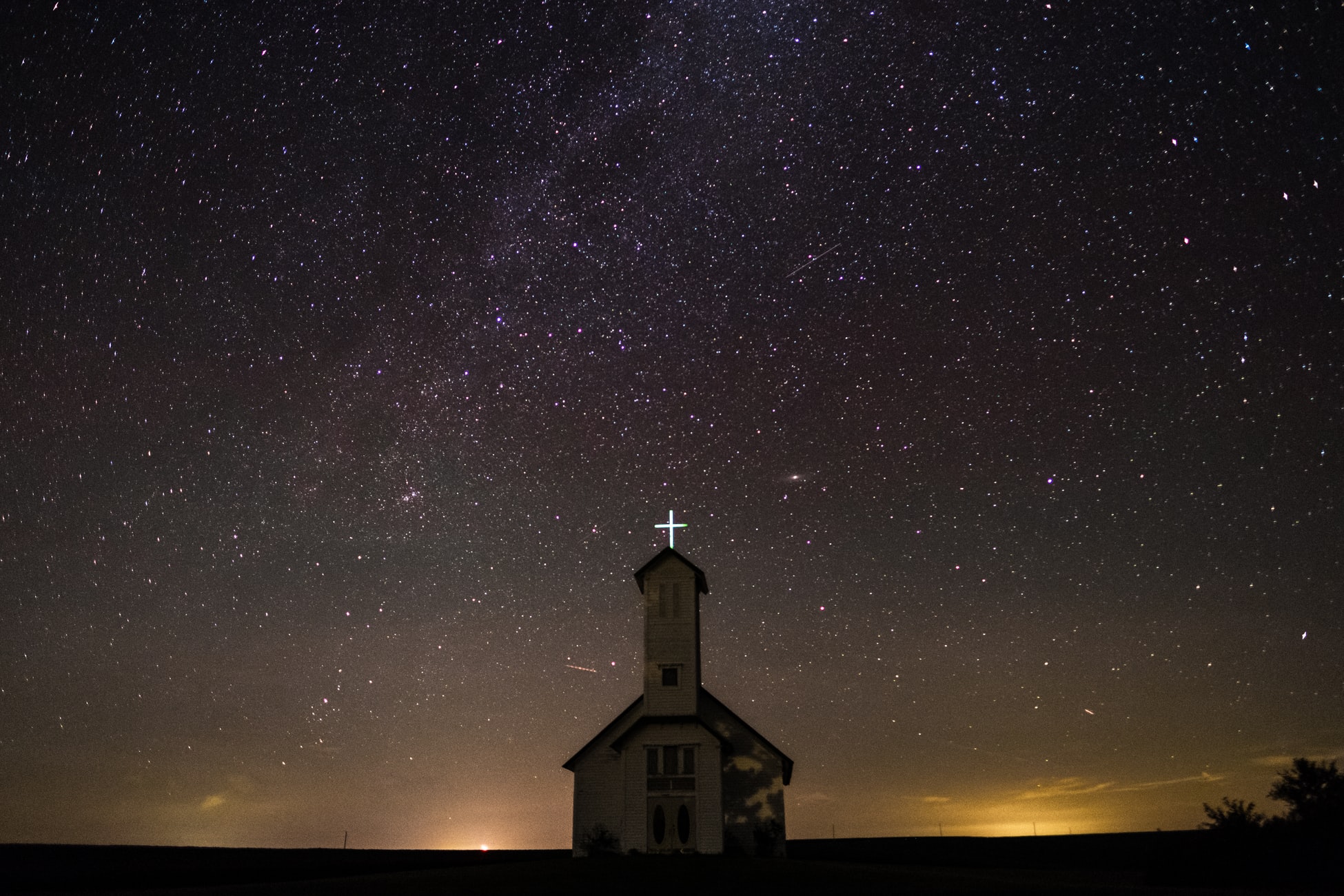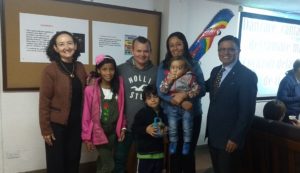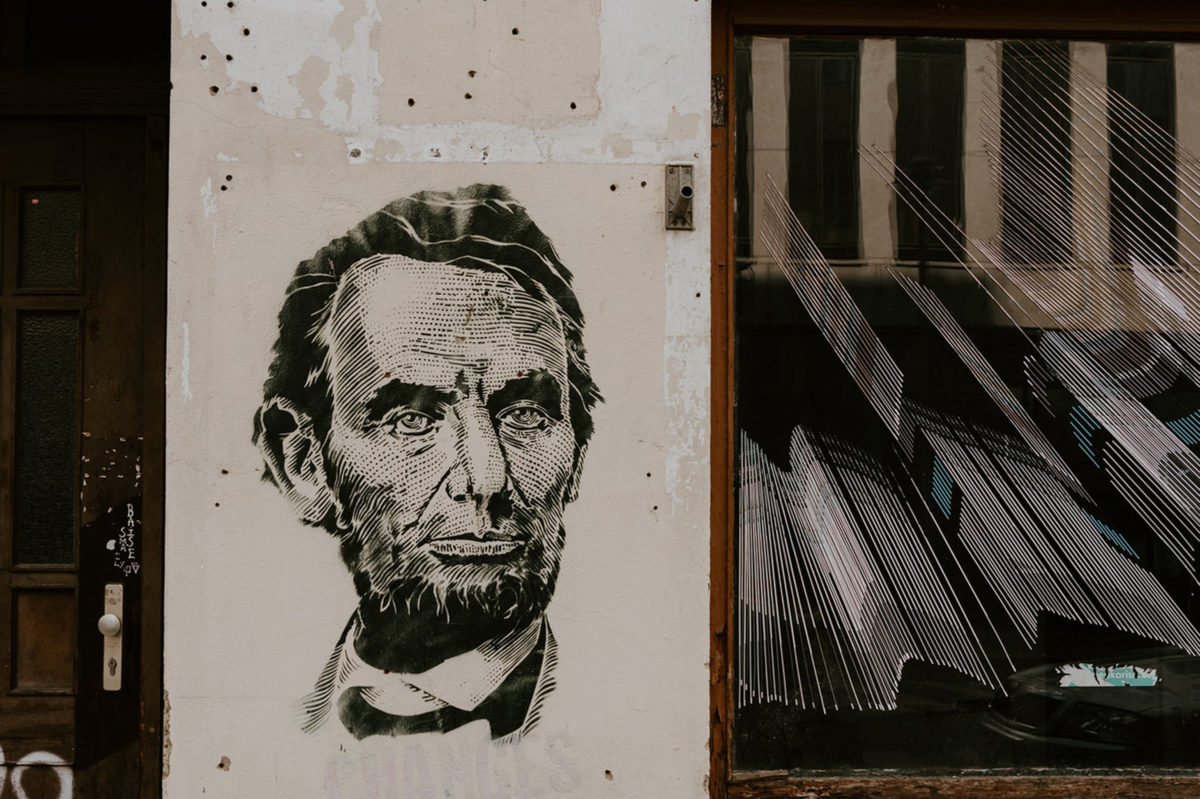The following story is from GCI Australia member, Janiece Harper, after her traumatic experience with the bushfires earlier this year.
As my amnesia-dulled mind stumbled back to awareness, the calm voice of my son was repeating as if in a mantra, It’s alright, Mum. You’re in Nambour hospital. I’m with you. You’ve had a shock. There’s been a bad bush fire and …… and… then he named two of my very dear friends who did not survive.
Now here’s the amazing part. Straight away my whole being seemed filled with the rousing hymn, “The Lord is my Light.” This piece by Frances Allitsen, based on Psalm 27, proclaims, “The Lord is my light, my light and my salvation. Whom, then, shall I fear? The Lord is the strength of my life….” Was there ever a time I needed strength in every aspect of my being? (Another contributor to my condition was that I was awaiting major surgery.) That hymn, which completely overtook me, my mind and body alike, imbued me with peace and positivity that carried me throughout the trying weeks ahead. Could that be attributed to intervention from our loving triune God? I’m sure of it. Could it be that I was prepared for this traumatic time years before when I was given that song to learn for special music? Most assuredly.
My eldest daughter, Kathryn, afflicted by multiple sclerosis, spent several years unable to see much at all, unable to sit without support, unable to hold her head or her hands steady, unable to sing or to speak clearly or to eat safely. Kathryn, all praise to our Father, is a Christian, as is her loving husband, Glenn. She has told me that her Bible study for all that time was accomplished by her concentrating on the words of hymns she’d learned and special music songs she’d heard me practice. Kathryn had an exceptionally good memory before her debility. Had God prepared for her spiritual sustenance years before, in her youth? Most definitely.
You may have known dear ones who, while suffering dementia, have responded to and even joined in singing hymns familiar to them, hymns they had sung often. I have. It seems that music is one of the last areas of the brain to be lost as the body deteriorates.
So what does the written Word tell us about all this? Is it only those who ‘can sing’ who are so blessed? Let’s read from Colossians 3:15-16.
Let the peace of Christ rule in your hearts, since as members of one body you were called to peace. And be thankful. Let the word of Christ dwell in you richly as you teach and admonish one another with all wisdom, and as you sing psalms, hymns and spiritual songs with gratitude in your hearts to God.
Could it be that by singing psalms, hymns and spiritual songs every day around the house, we are God’s instruments in doing his work of caring not only for ourselves in our current oh-so-mortal bodies, but also for those who share our homes with us?
You might say, “But I can’t sing. No one wants to hear me sing.” Well, let’s go to the book of songs. Look at Psalms 89:1, 95:1-2, 98:4-6, 100:1-2 for starters. Yes, I know it says, “shout for joy,” but it says that in connection with the singing of songs. Now I put it to you, would you prefer to shout joyfully around the house each day, or rather “make a joyful noise,” as we used to interpret it, as you sing to the Lord?
The music educator and conductor, the late Richard Gill, used to say that when you sing (as everyone should) to your baby, the tune or noise you make becomes the true version of that song for your child. Do not be embarrassed or ashamed. Sing that song your way and make it joyful and from the heart. He said that anyone who can speak, does so with vocal intonations. These intonations can be classed as the beginnings of song. Think of Gregorian chants, for example. Different cultures have very different appreciations of what is music. You don’t need to sound like singers we hear on international media. By singing, you are inoculating the minds of those in your household with words – without preaching to them. You can just be singing quietly from the heart. There’s no need for always shouting for joy.
Don’t forget that many of the psalms begin with cries from the heart for the Lord’s intervention. It’s ok to sing to the Lord with a broken heart. It leads to the merciful comfort we need, knowing that there is one who loves us, hears us and provides for us in every situation.
You may not be good at remembering all the words of a hymn. I’m not. Does that matter? I don’t think God will mind if you mess up the words, hum or la-la-la a bit. You’ll remember the lines that are important to you in your communication with him. You might even like to change the words of some favourite song or even a hymn to match your thoughts and feelings as you sing from your heart. There’s no copyright on what you sing to yourself or to your family.
Why not give it a try!
Author: Janiece Harper, Member, GCI Australia
Note: Janiece Harper is a retired teacher with expertise in special needs, and a dedicated long-time member who leads small groups and visits with and encourages members in the Northern New South Wales district of Australia.




